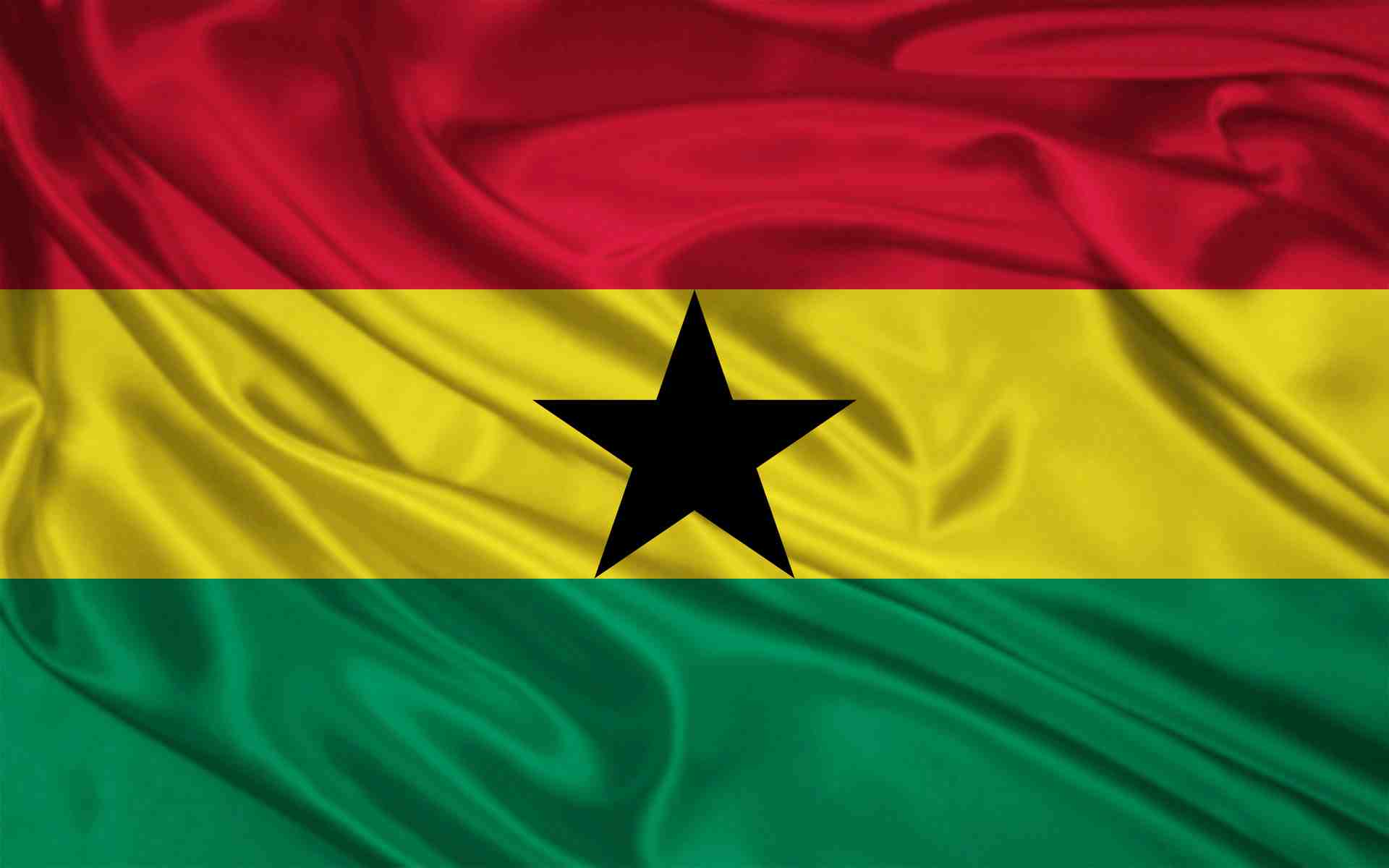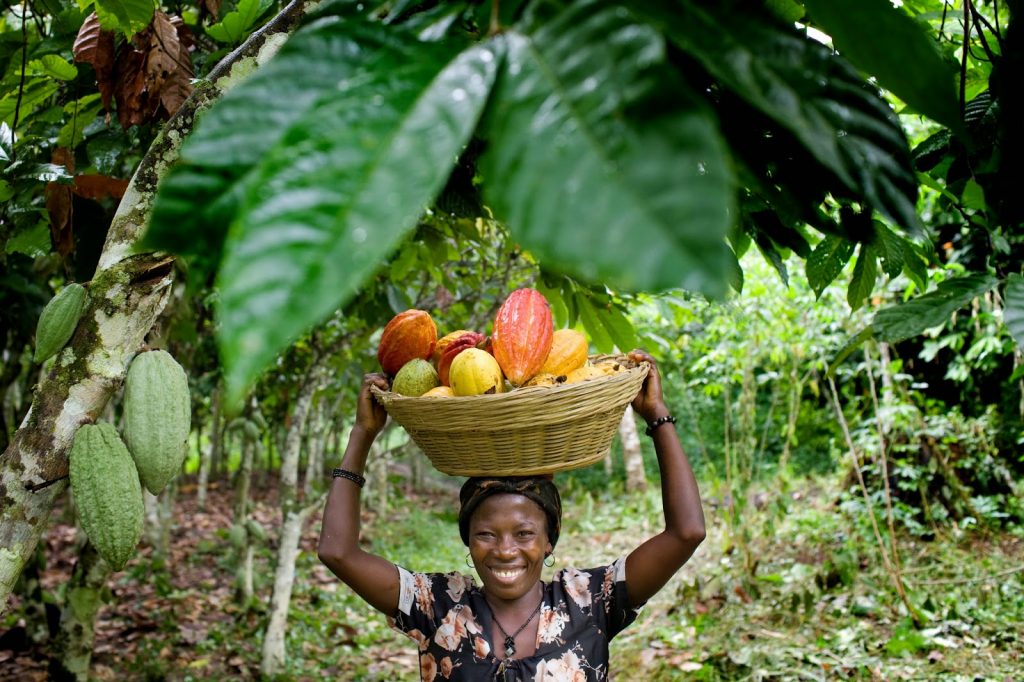The practice of magical skills, spells, and abilities is deeply ingrained in the Ghanaian culture – witches and wizards are believed to hold powers for fortunes or mishaps, hence they are mostly held responsible for natural disasters, accidents, bareness and the like in some African societies. In Ghana, although this belief is widespread, stories that highlight the detection and abuse of accused women and men are mostly from northern Ghana, reinforcing the false notion that the practice only exists there.

While the government of Ghana has on several occasions made efforts to tackle the abuse of women accused of witchcraft, their attempts to close down so-called witch camps – where people accused of witchcraft run to for safety – have come to nought.
Some of these settlements are believed to have been set up about 100 years ago.
Centres claiming to heal people accused of being witches also continue to spring up.
The most recent case? The “healing centre” which was set up a little over a year ago in Pulmakuom in the Pusiga District of the Upper East Region by Rufai Sumaila, and his father. These self-styled healers claim to identify and heal women accused of being witches at their base which is near the Ghana-Togo border post at Widana.
An ill person who goes for healing at the centre is told their condition is caused by a family member, mostly women, who bewitched them. The accused is subsequently brought to the centre to confess to his or her deeds. Those who insist on their innocence are beaten until they confess, and accused persons being forced into confessing are chained to trees, tortured and made to shave their hair – apparently to heal them.
The healing centre has only caused physical and emotional pain to so many women and families, according to the executive director of the Sanneh Institute and a native of Widana, Professor John Azumah.
Azumah believes the centre is responsible for broken marriages and homes and tells of “young women being raped and impregnated by the young men the so-called witchdoctor has gathered around himself”.
According to him, security agencies in the area are unable to clamp down on the activities of the self-styled healers due to “some big men who intervene and plead for him to be released anytime he is arrested”.
Even when Sumaila was arrested, he was released “for fear of what they (the police) said was a security threat from residents who believe in his spiritual power”.
Azumah believes it will only take the intervention of powerful persons like President Nana Akufo-Addo to close this centre.
The situation in Widana is quite similar to what happens at healing camps in Gambaga, Gnani, Kukuo, Nabuli and Kpatinga – all in the northern part of Ghana.
Most recently a 90-year-old woman was beaten to death in Kafaba in the Savannah Region after being accused of being a witch. Her murder has triggered calls for police to take action.
It is heartening that the President and Gender Minister condemned these acts and have vowed to arrest the perpetrators. It will, however, take active measures to root out such egregious incidents.
This incident should get the Ministry of Gender and Social Protection to focus on the needful – coming up with a detailed plan to tackle this problem. The starting point should be engagement with residents, opinion leaders, and chiefs complicit in assaulting alleged witches.
This action could take the form of seminars and workshops to educate chiefs, opinion leaders and residents on the harmful effects of finding and accusing women and men of being witches.
The rights of persons who have been constantly abused and ostracized should be restored. Most of the accused usually live in poverty and have no means of making ends meet, hence a move by the government to set them up in business after they have been reintegrated into their societies will be prudent.
A series of engagements will halt the primitive practice, stop the stigmatization of accused persons, and smooth the reintegration of those accused of being witches – especially those still living in “witch camps” back into their communities.
The president and the ministry of gender and social protection and other relevant stakeholders cannot fail us on this – they must act now.

